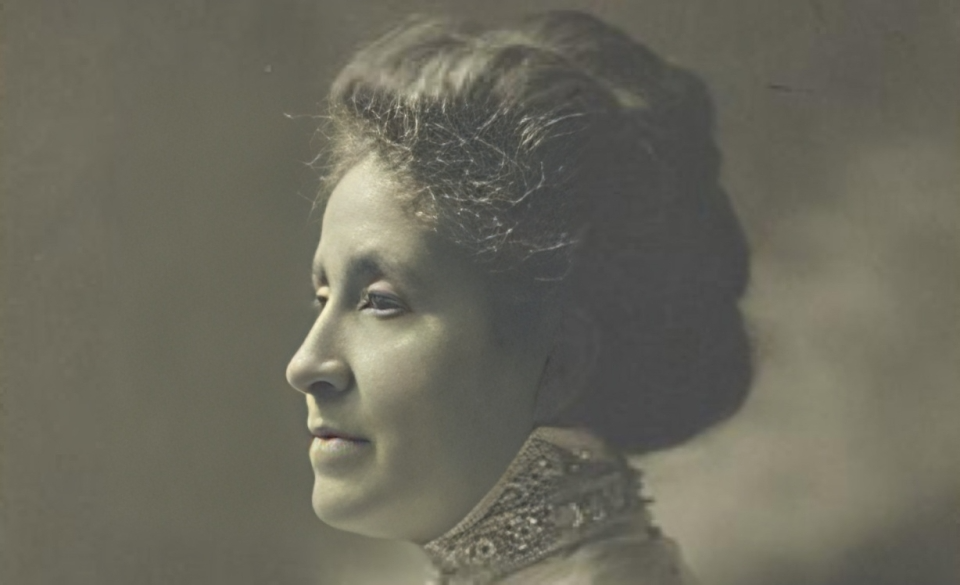
Mary Church Terrell (1863–1954), civil rights and women’s rights advocate, was born into a prosperous family in Memphis. A graduate of Oberlin College in 1895, she became the first black woman appointed to the District of Columbia Board of Education. The following year, Terrell became the founding president of the National Association of Colored Women. Like other black women of her generation, she was politically involved, despite her formal disfranchisement.
Terrell was also active in the National American Woman Suffrage Association. Although she was a Booker T. Washington sympathizer, Terrell accepted an invitation from W. E. B. Du Bois, who disagreed with Washington’s public accommodation of segregation, to form the NAACP. Only seven of the original sixty founders of the NAACP were African Americans. In 1949, she challenged segregation in District of Columbia restaurants, which led to a landmark 1953 Supreme Court decision. Terrell’s advocacy served as an indispensable bridge between Reconstruction and the civil rights movement.
Addison Scurlock was a prominent African American photographer based in Washington, D.C., known for his significant contributions to capturing the lives and experiences of Black individuals during the early to mid-20th century. His work is a vital visual record of African American culture and history during that period.
Mary Church Terrell, featured in one of Scurlock’s photographs from around 1920, was an influential activist, educator, and one of the first Black women to earn a college degree in the United States. She was a founding member of the National Association of Colored Women and a strong advocate for civil rights and women’s suffrage. Terrell was also known for her work with the Women’s Christian Temperance Union and her advocacy for the desegregation of public places.
The photograph by Scurlock of Mary Church Terrell from around 1920 would have captured her in an era when she was highly active in social reform and advocacy. This image is more than just a portrait; it represents the dignity and prominence of Terrell’s role in fighting for civil rights and social justice. Scurlock’s portraits often highlighted the achievements and personalities of prominent African American figures, contributing to a broader understanding and appreciation of their impact on history.